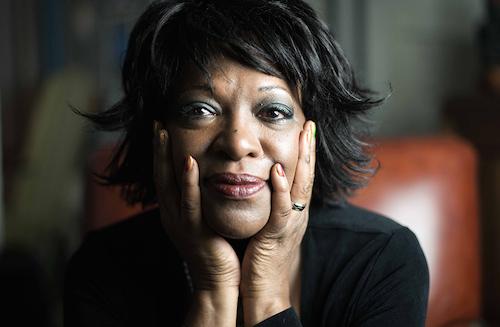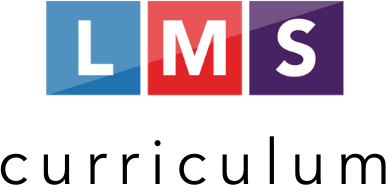For Sophie Who'll Be in First Grade in the Year 2000
by Rita Dove

Writing Workshop
Workshop Title: Kids
Step 1
Ask, “Are the kids going to be “alright”? Why or why not?” Then discuss.
Step 2
Read “For Sophie Who’ll Be in First Grade in the Year 2000” by Rita Dove. When you’re done, briefly discuss the message the speaker imparts to “Sophie.” How does the speaker feel about the next generation’s future?
Step 3
Say, “Think of the issues and obstacles the next generation of kids will face. Try to come up with some reasons as to why they’ll eventually need to combat these issues and what they will need to know in order to overcome them.” Then give your students some time to brainstorm.
Step 4
Have your students compose a poem similar in sentiment to “For Sophie Who’ll Be in First Grade in the Year 2000” in which they express their hopes and desires for the next generation of children.
Step 5
When the students are done, have them share their responses with one another.
Analytical Lesson
Area of Focus: Various
Step 1
This lesson allows students to analyze various concepts and skills, so it is recommended that you have covered several of the “standalone” lessons before assigning this one.
Step 2
Watch the following video. Then ask your students what advice they would give to those students – the “Class of COVID” – about their futures. Take a few responses.
Step 3
Read “For Sophie Who’ll Be in First Grade in the Year 2000.” Then ask your students to briefly discuss the poem, focusing on the similarities in comments, sentiment, advice, etc. between the poem and their responses from earlier in the class.
Step 4
Ask your students to open the following document and go over the instructions with them. In this assignment, your students are going to assume the role of “Sophie” and create a vision board that aligns with the content and message of Rita Dove’s poem. Then give your students time to work.
Step 5
When your students are done, have a few of them share their boards with the rest of the class. Then ask your students to try and determine why certain images were chosen for their peers’ vision boards before the group reveals their reasoning.
Essay Materials
Lesson Details
Lesson Info
Focus
- Various
Themes
- Aging
- Appreciation
- Children / Youth
- Education Formal / Informal
- History
- Joy
- Love
- Social Movements / Protest
Literary Tags
- Diction
- Figurative Language
- Imagery
- Selection of Detail
- Sound Devices
- Structure (Syntax)
- Tone
